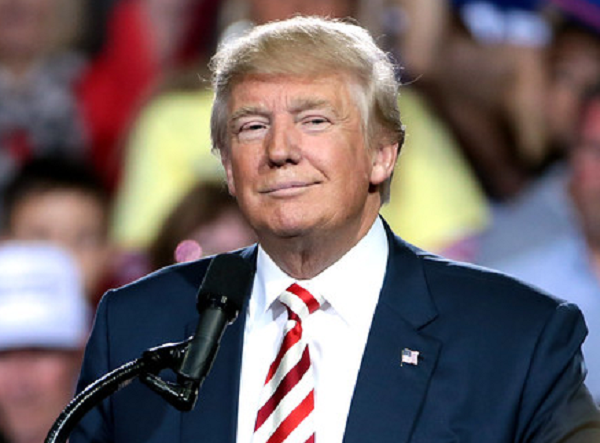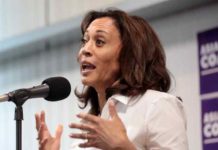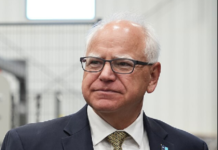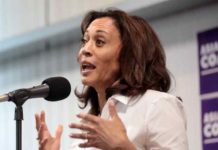The federal judge overseeing the case involving former President Donald Trump’s classified documents had stern words for special counsel Jack Smith’s prosecutors last week, accusing them of wasting her time.
U.S. District Judge Aileen Cannon postponed a hearing regarding one of Trump’s co-defendants’ understanding of potential conflicts of interest with his lawyer.
Justice Department attorney David Harbach argued that Trump’s co-defendants, Walt Nauta and Carlos de Oliveira, should be denied access to their attorneys, Stanley Woodward and John Irving, due to potential conflicts of interest with some of the attorneys’ clients who might be called to testify against them.
Nauta, who was brought to work at Mar-a-Lago by Trump after his 2020 election loss to President Joe Biden, faces six charges, including obstruction of justice conspiracy and lying to the police. He’s accused of covering up Trump’s possession of classified documents. Oliveira, who served as the property manager at Trump’s Palm Beach estate during a government investigation, is accused of aiding Trump in concealing boxes of classified documents.
The hearing, intended to allow Nauta and Oliveira to assess their attorneys’ potential conflicts of interest, devolved into a heated argument.
In her electronic order filed last week, Judge Cannon granted Trump’s defense team’s request to delay the trial until after the 2024 election, with the trial scheduled to begin on May 20th. In her order, she addressed upcoming October deadlines for Trump and his legal team to determine how to handle the classified materials central to the case.
The Department of Justice filed 40 felony charges against Trump, including 32 counts of willful retention of national defense information after classified materials were discovered at Mar-a-Lago in August 2022. Trump has pleaded not guilty to all counts.
Special Counsel Jack Smith requested a hearing under CIPA to determine which classified materials could be used and released to the public during the trial. Trump’s legal team cited delays in accessing classified records as a reason for their unpreparedness for trial in a motion filed last week.
Federal prosecutors agreed to a brief extension, acknowledging that the case took slightly longer than expected. However, Smith’s office strongly opposed the delay in the pre-trial schedule.
The prosecutor said in a motion that Trump’s request “threatens to upend the entire schedule…and that amounts to a motion to postpone the trial until May 20, 2024.”




